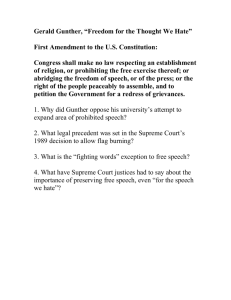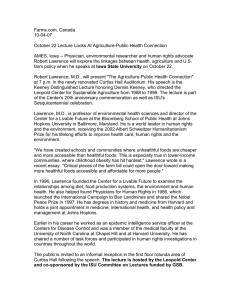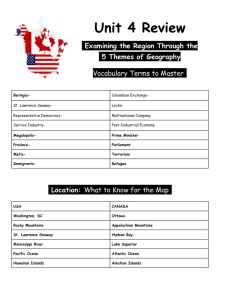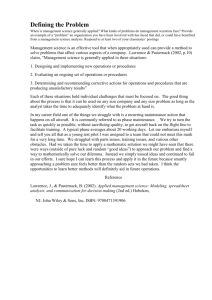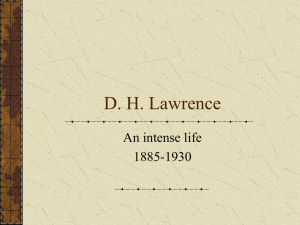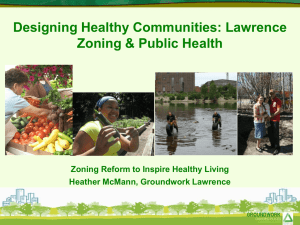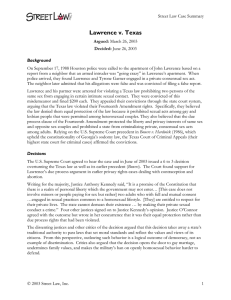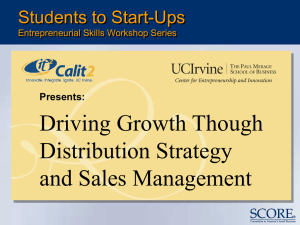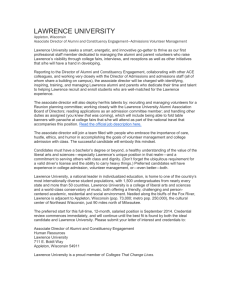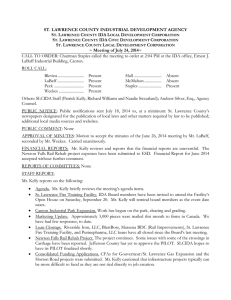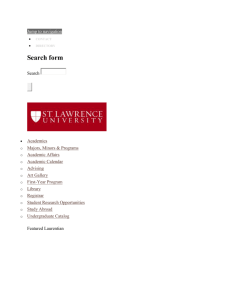Word Generation and Engaging Students for Scientific
advertisement
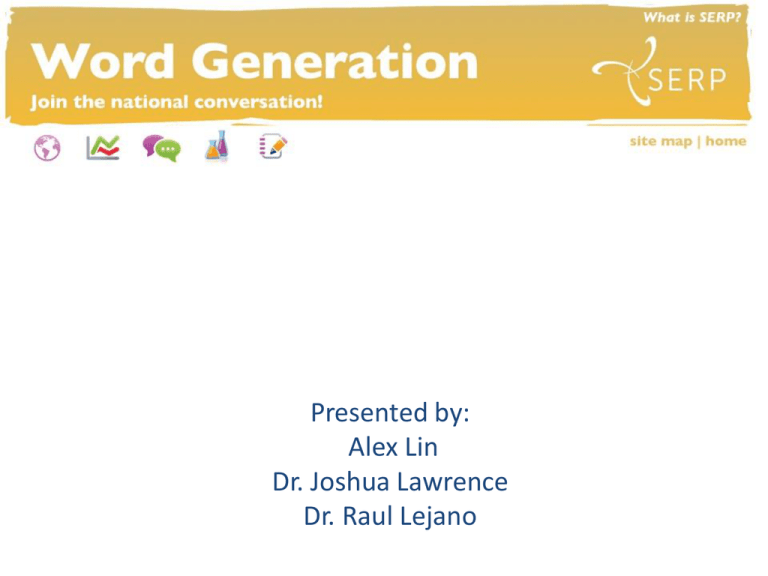
Presented by: Alex Lin Dr. Joshua Lawrence Dr. Raul Lejano Initial Motivation for Word Generation Conversations with teachers in many middle schools revealed that: • Teachers report good word reading, but poor comprehension • All-purpose academic vocabulary was rarely taught • Context area texts were often difficult and rarely interesting • Many students were disengaged • Teachers frequently lectured, rather than guiding students through reading Word Generation Goals Program Features • Build middle school students’ vocabulary through repeated exposure to high frequency academic words in various contexts • Support teachers in regular use of effective instructional strategies for vocabulary across all content areas • Passages written to engage adolescents in highlevel discussions on nationally-relevant topics – Should there be federal funding for stem cell research? – Should athletes be paid multi-million dollar salaries? Past Studies on WG Previously published studies document Word Generation’s positive effects on students’ reading comprehension, teacher practice and language development for limited Englishproficiency students (Lawrence, Capotosto, BranumMartin, White, & Snow, 2011; Snow, Lawrence, White, 2009). Research Design • In 2010, 13 inner-city middle schools in San Francisco (6,800 students) participated in an experimental study of the Word Generation program. • Program impact on vocabulary and reading comprehension was measured by pre and post assessments – Also including scientific literacy and engagement items Curriculum Material Word Generation Material Science Thought experiments to promote discussion and scientific reasoning Social Studies Developing positions on the issue set out In the passage, to help the class frame the debate English / Language Writing Arts / Taking a Stand Give evidence to support your position Math Sample of Student Notebooks Sample of Student Notebooks Student A Student 1 Student B Funding Opportunities Organization Description Budget amount Spencer Grant Spencer is interested in studies that lead to better understanding and improvements in the intellectual, material, and organizational resources that contribute to successful teaching and learning $ 40,000 + IES Researcher-Practitioner Partnerships in Education Research Identify an education issue with important implications for improving student achievement that is of high priority for the education agency Theory of Action Theory of Action 4 3 2 1 CO WG ELA CO WG Math CO WG Science CO WG Social Studies In 213 observations, teachers in Word Generation (WG) schools reported more discussion in comparison to control schools (CO). Learn More.. • http://www.serpinstitute.org • http://wordgeneration.org Contact: • Professor Joshua Lawrence (jflawren@uci.edu) • Professor Raul Lejano (lejano@uci.edu) • Doctoral Student Alex Lin (alin13@uci.edu) Works Cited • Clark, F. & Illman, D.L. (2001). Dimensions of civic science: Introductory essay. Science Communications, 23 (1), 5-27. • Kim, C. & Fortner, R.W. (2006). Issue-specific barriers to addressing environmental issues in the classroom: An exploratory study. The Journal of Environmental Education, 37 (3), 15-22. • Lawrence, J.F., Capotosto, L., Branum-Martin, L., White, C. & Snow, C.E. (in press). Language proficiency, home-language status, and English vocabulary development. A longitudinal follow-up of the Word Generation program. Bilingualism: Language and Cognition, 1 (1), 1-15. • National Science Board (2000). Communicating science and technology in the public interest (NSB-00-99). Arlington, VA: National Science Foundation [online]. Available: http://www.nsf.gov/nsb/documents/2000/nsb0099/nsb009.htm • National Assessment of Educational Progress (2009). The nation’s report card: Science 2009 national assessment of educational progress at grades 4, 8 and 12. Washington, DC: National Center for Education Statistics. • Sadler, T.D. (2004). Informal reasoning regarding socioscientific issues: A critical review of research. Journal of Research in Science Teaching, (41) 5, 513-536. • Sadler, T.D., Chambers, F.W., & Zeidler, D.L. (2004). Student conceptualization of the nature of science in response to a socioscientific issue. International Journal of Science Education, (26) 4, 387-409. • Snow, C. E., Lawrence, J. F., & White, C. (2009). Generating knowledge of academic language among urban middle school students. Journal of Research on Educational Effectiveness, 2 (4), 325–344. • Zohar, A. & Nemet, F. (2002). Fostering students’ knowledge and argumentation skills through dilemmas in human genetics. Journal of Research in Science Teaching, (39) 1, 35-62.
